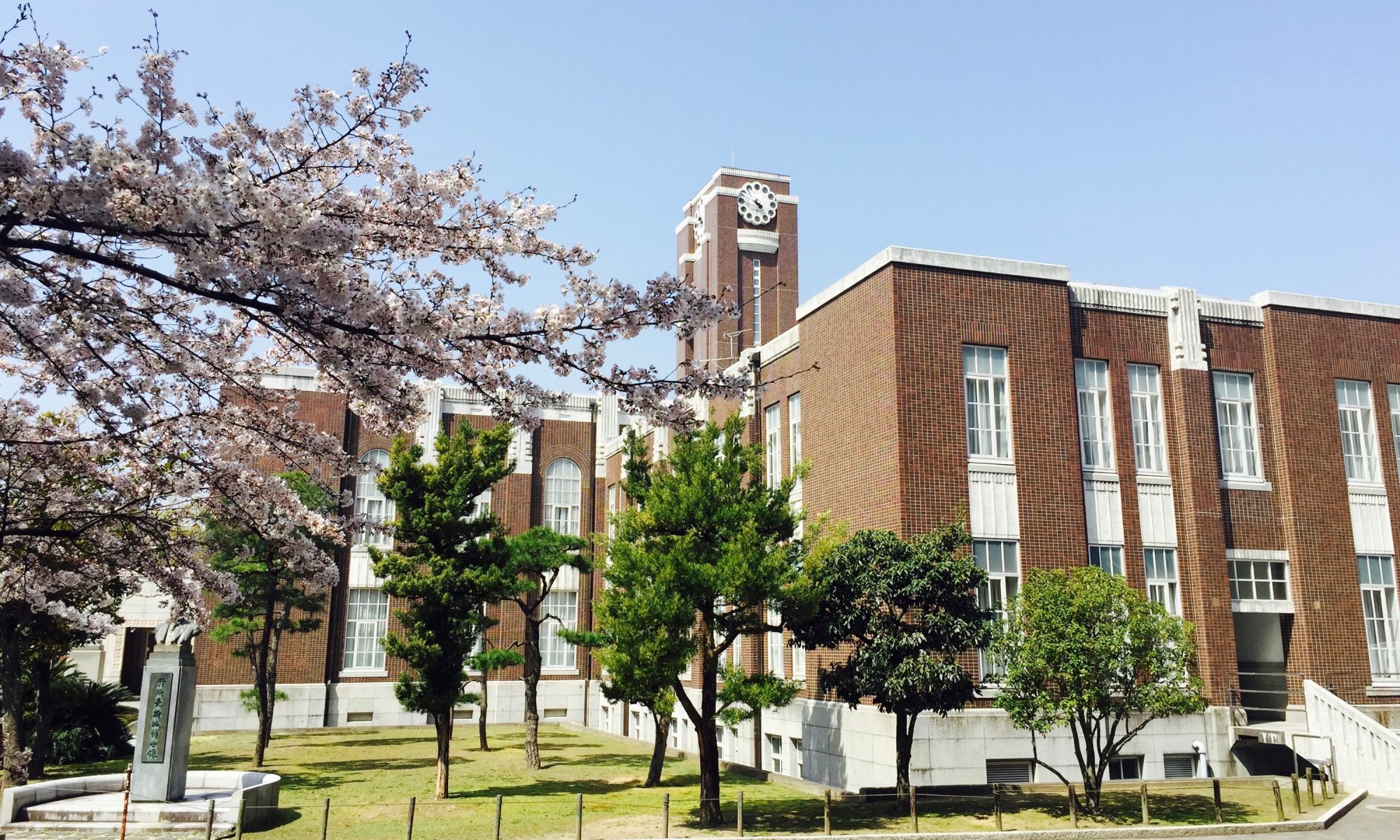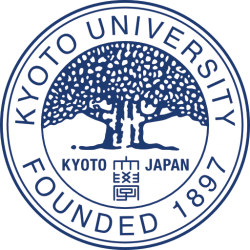In this graduate seminar, we will learn about various women documentaries and writings from the 1990s to present.
We will expand our knowledge on gender politics through the documentaries by female filmmakers with several questions in our mind: What is documentary? What is feminism theory? What is women’s cinema? What is the relationship between “identity,” “gender,” “sex,” and “Asia”?
In addition, while we watch documentaries, we will learn how to write and plan our own documentaries.
Our goal is twofold: 1) overviewing cine-feminism theories and spanning almost three decades in East Asia focusing on South Korean female documentarists; 2) investigating how we could apply the theories to our own documentaries in our storytelling.
This course consists of two section: each week, we watch a documentary, and the instructor will provide a short lecture. One student will present outlines of the assigned readings, after which, the entire class will engage in discussion of the reading materials. All students are expected to come to class having completed the week’s readings, and be prepared to discuss them. There will be some film screenings during classes.
Course Information
Module: Focus 1 – Foundations
CATS Requirements: BA 3rd. year or above
Day/Period: Mon/1-2
Location: Sem. 2
Credits: 2
Course Goals
This class will give students the tools to map the current state of gender politics, East Asian history, and women’s cinema. In addition, it will offer students an opportunity to create their own documentary. All students will strengthen their ability to communicate clearly and make persuasive arguments in their documentary and writing. By the end of this course, students are expected to be able to:
1) expand knowledge of issues women’s cinema and analyze critical articles;
2) draw on concepts from feminism and gender theory to analyze media culture in East Asia;
3) make original arguments and support them with evidence and a logical chain of reasoning in an academic writing;
4) communicate their ideas clearly in writing, discussions, and oral presentations;
5) create their ideas in visual creation;
6) Understand the importance of documentary making and yourselves.
7) Develop basic skills and strategies important in documentary filmmaking (audience and purpose analysis, organization, style, and editing)
Course Schedule and Evaluation
For a detailed course schedule, please visit KULASIS.
(1) Active Participation—–20% (attendance 10% + participation 10%)
(2) Documentary Plan—–10%
(3) Presentation of reading materials—–40% (1 or 2 articles)
(4) Presentation on your documentary plan and progress—–10%
(5) Final essay on women’s cinema—–20%


